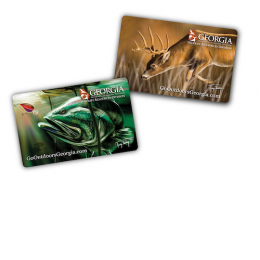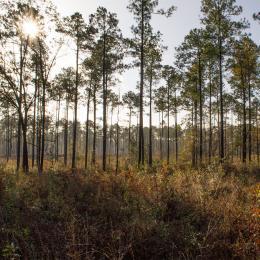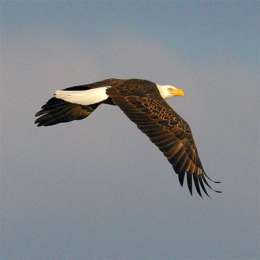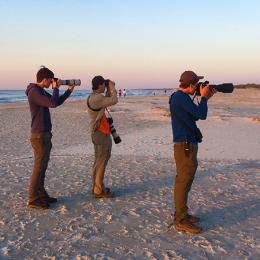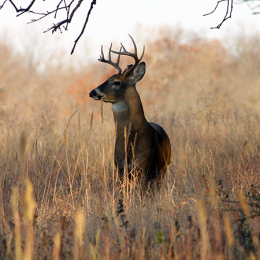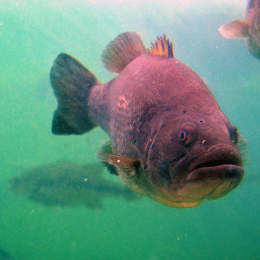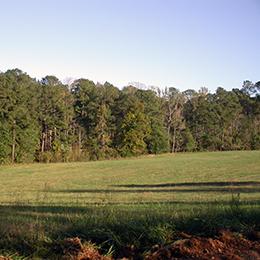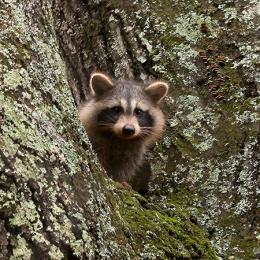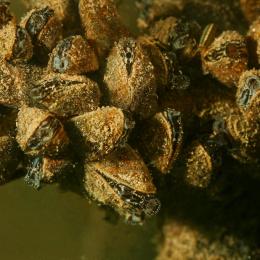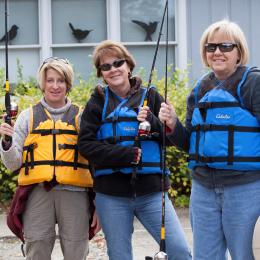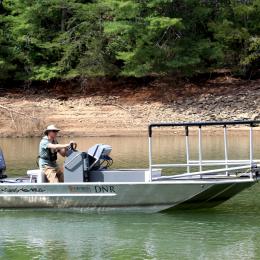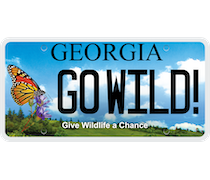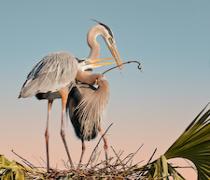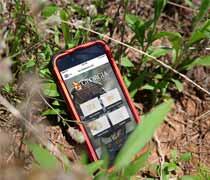The Georgia Department of Natural Resources’ Wildlife Resources Division (WRD) urges anglers and boaters to be aware and help prevent further spread of an invasive mystery snail recently discovered in Lake Lanier.
“While we initially hoped that this was an individual specimen found on Lanier, further investigation indicated that this is a viable, reproducing population of snails,” said Jim Page, WRD Aquatic Nuisance Species Coordinator.
A member of the genus Cipangopaludina, Chinese/Japanese Mystery Snails have been found in multiple waterbodies within Georgia, now including Lake Lanier. The invasive species was found while WRD officials were conducting routine sampling of the lake.
“While we cannot say with absolute certainty how this invasive snail was introduced into Lake Lanier, its presence in various food markets within the U.S. and its popularity as a pet for some aquarium owners are at least two possible sources,” said Page. “It should be noted, however, that recent regulatory changes prohibit individuals from possessing live mystery snails within the state of Georgia, regardless of their intended use.”
Invasive aquatic species can cause significant ecological and economic impacts across the state, from damaging vessels and other boating equipment, to impeding access to waterbodies to disrupting the natural ecosystem by displacing and out-competing native species. Concerns associated with the mystery snail species include its potential to negatively impact native snails and being a possible health risk (ex: can host intestinal parasites) if consumed raw or undercooked.
Introduction is Preventable
Prevention is the first and most important step to reducing risk of invasive species populating in Georgia waters.
“Prevention continues to be our best tool in fighting the war on invasive species, and prevention is only achieved with the help of the public,” said Page. “Whether it’s taking time to thoroughly wash down your boat, trailer, and fishing gear after each outing on the water; choosing to not dump aquariums; or simply not intentionally releasing non-native species into waterbodies where they did not previously occur are just a few ways you can help. Let’s protect our waters!”
For more information on invasive species and how to report sightings, visit GeorgiaWildlife.com/ans.
###




